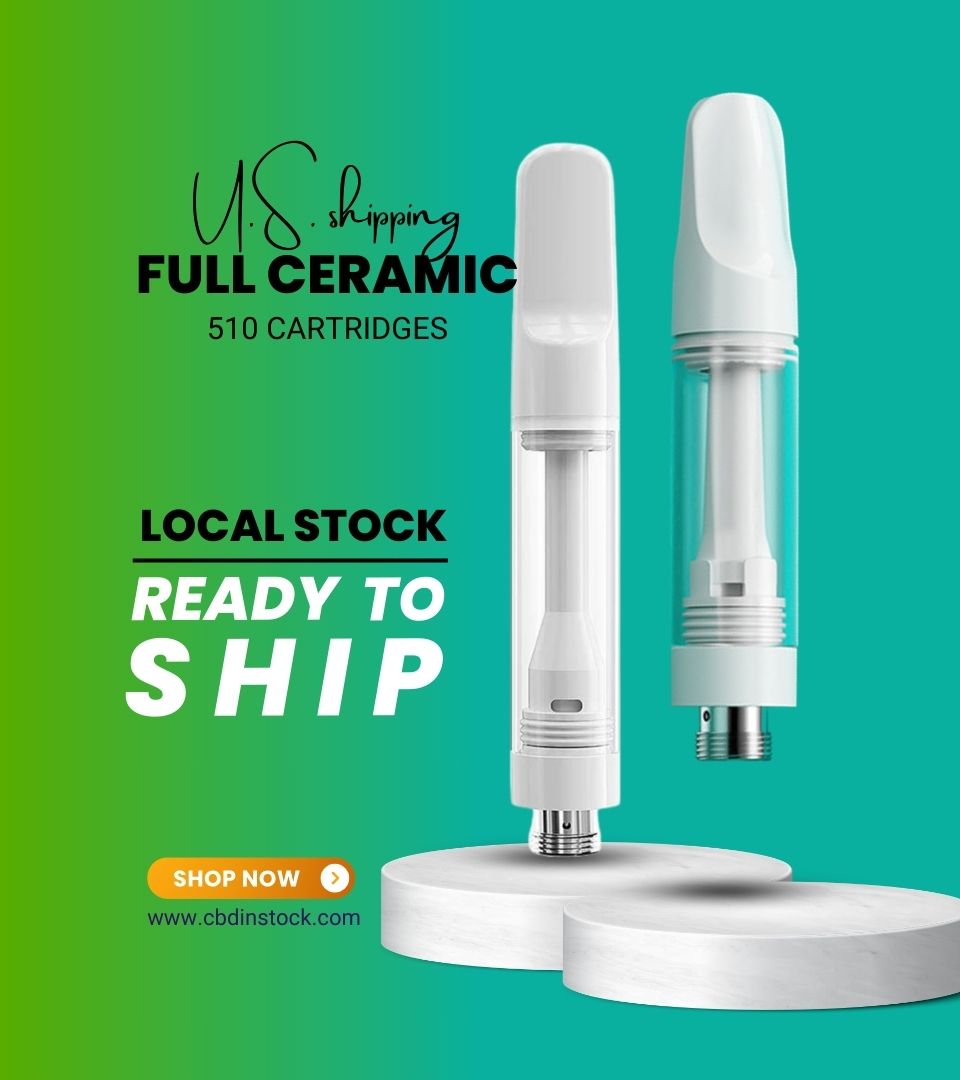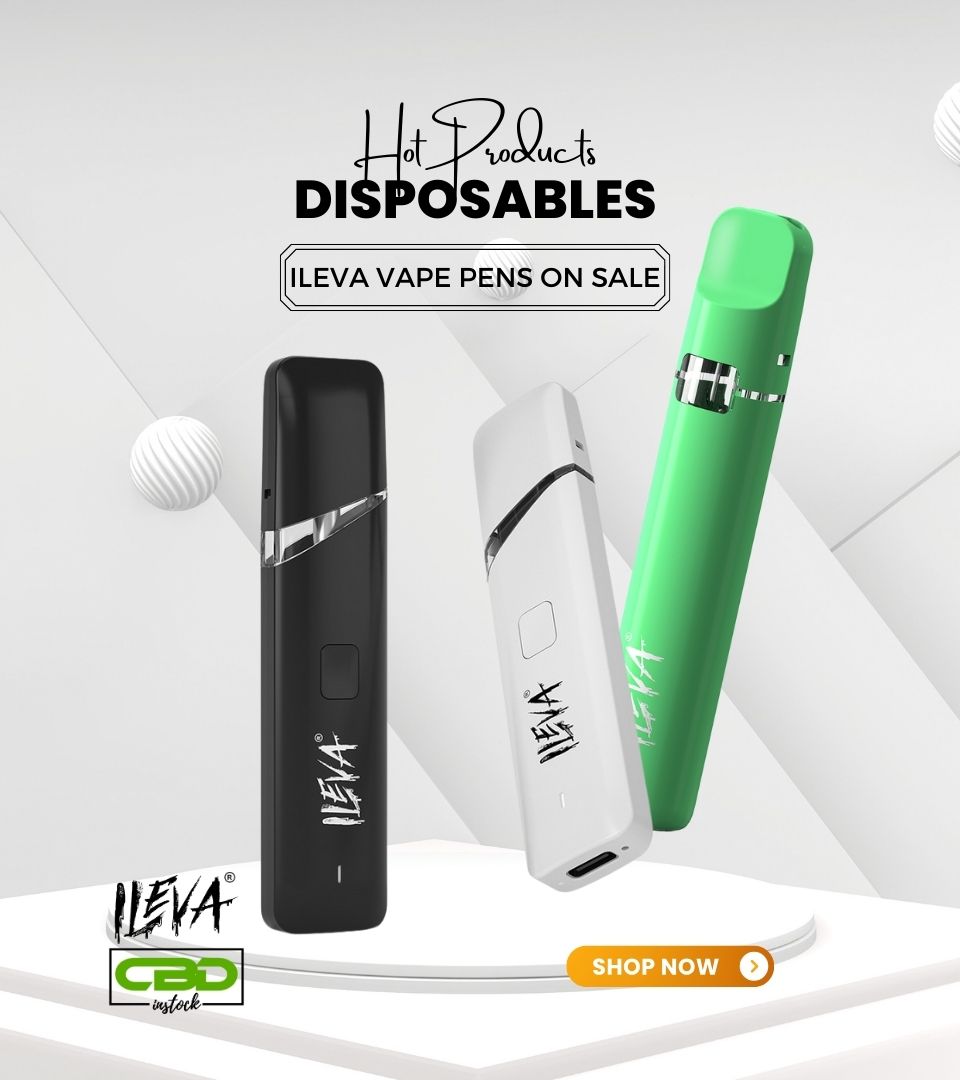
The Legality of Delta 8 THC Pens Exists in a Complex Gray Area Under U.S. Law
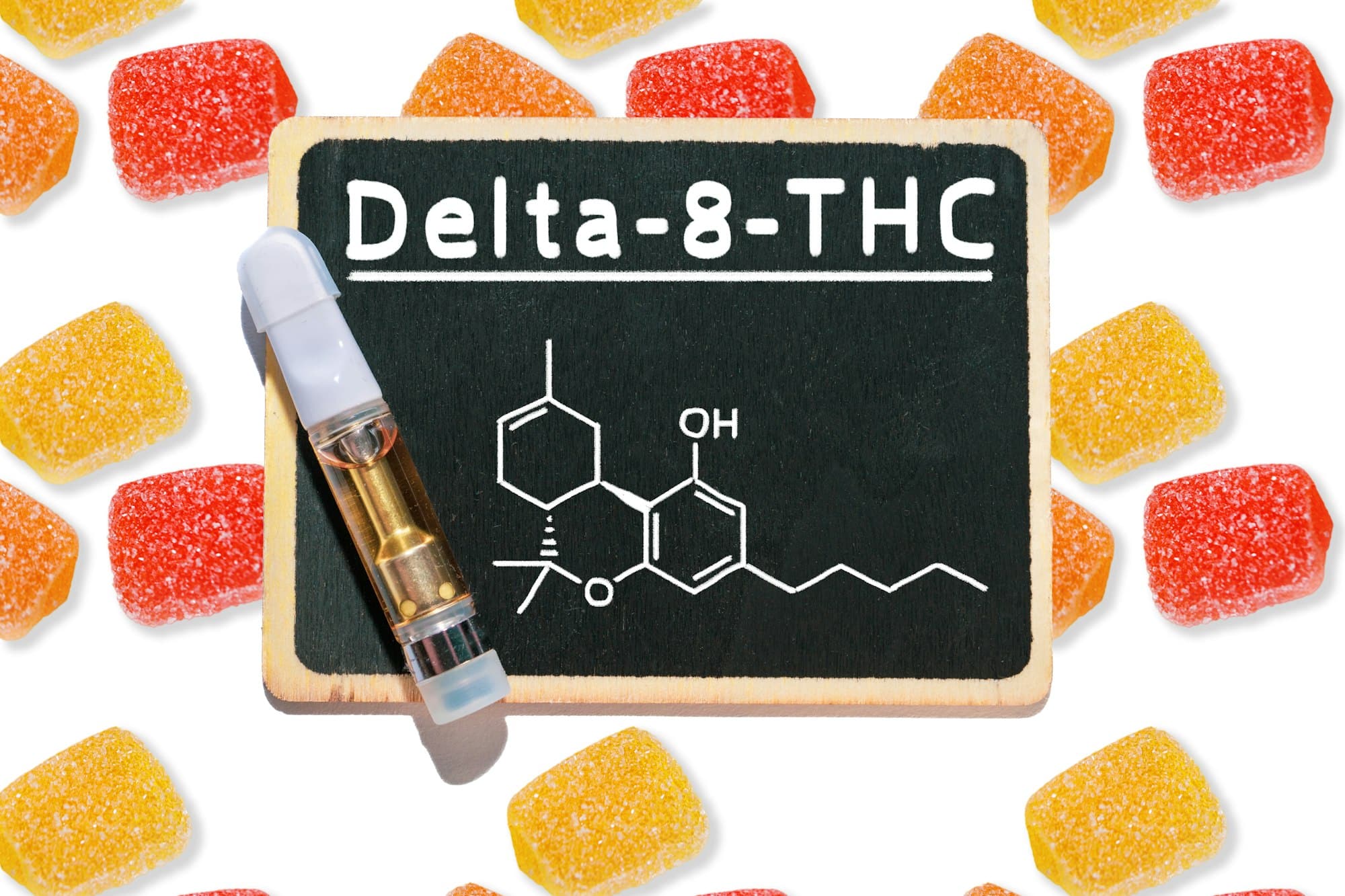
The Legality of Delta 8 THC Pens Exists in a Complex Gray Area Under U.S. Law
Delta 8 is a hemp-derived cannabinoid, which means it is technically legal under federal law, but there are ambiguities and state-specific regulations that create uncertainties.
The 2018 Farm Bill legalized hemp and its derivatives, including Delta 8 THC, as long as they contain less than 0.3% Delta 9 THC on a dry weight basis. Since Delta 8 THC can be derived from hemp and falls under this threshold, it is not explicitly prohibited at the federal level. However, Delta 8 is still a psychoactive compound that produces effects similar to Delta 9 THC, which is a controlled substance under the Controlled Substances Act. This leads to a complicated situation because Delta 8’s legal status isn’t entirely clear, especially when it comes to Delta 8 pens.
Most Delta 8 THC is synthesized through the chemical conversion of CBD extracted from hemp. This process raises questions about whether Delta 8 should be considered a synthetic cannabinoid, which could make it illegal under the Federal Analog Act. This law allows for the regulation of chemical analogs of controlled substances, making Delta 8’s legal status subject to interpretation. Although the federal government hasn’t provided a firm stance on this issue, the Drug Enforcement Administration (DEA) has implied that Delta 8 may be subject to regulation due to this conversion process, which could affect the availability of Delta 8 pens.
Adding to the complexity, state-level laws often differ from federal law. While Delta 8 is technically legal federally, each state can set its own regulations regarding hemp-derived products, including Delta 8 pens. Currently, around 20 states have either restricted or banned the sale and possession of Delta 8 THC entirely, which directly affects Delta 8 pens. States such as New York, Colorado, and Alaska—where recreational cannabis is legal—have moved to ban Delta 8 pens due to concerns about safety and lack of regulation.
Some states haven’t clearly addressed Delta 8 in their legal frameworks, leaving Delta 8 pens in a regulatory gray area. Consumers must be aware of the laws in their state, as purchasing Delta 8 pens in a state where it’s banned could lead to legal complications. The varying state regulations have created a fragmented market across the country, making it necessary for buyers to verify their local laws before purchasing Delta 8 pens.
Despite these legal uncertainties, Delta 8 pens remain widely available for purchase online. Many online retailers, such as Pure CBD Now, offer a wide range of Delta 8 pens, shipping them to states where Delta 8 is still legal. Consumers should prioritize reputable retailers that offer third-party lab testing for their products, ensuring that the Delta 8 pens comply with legal THC limits and are free from harmful contaminants like pesticides and heavy metals.
Additionally, it’s essential to check the retailer’s shipping policies, as many online stores will not ship Delta 8 pens to states where they have been restricted. This helps avoid legal complications when purchasing Delta 8 pens online.
The legal landscape for Delta 8 pens continues to evolve, with state regulations constantly changing. It’s important for consumers to stay informed and ensure they are purchasing Delta 8 pens from trusted sources that comply with all applicable laws.
Recent Posts



Exploring the Unique Benefits of Delta-9 THCP: The Future of Vaping
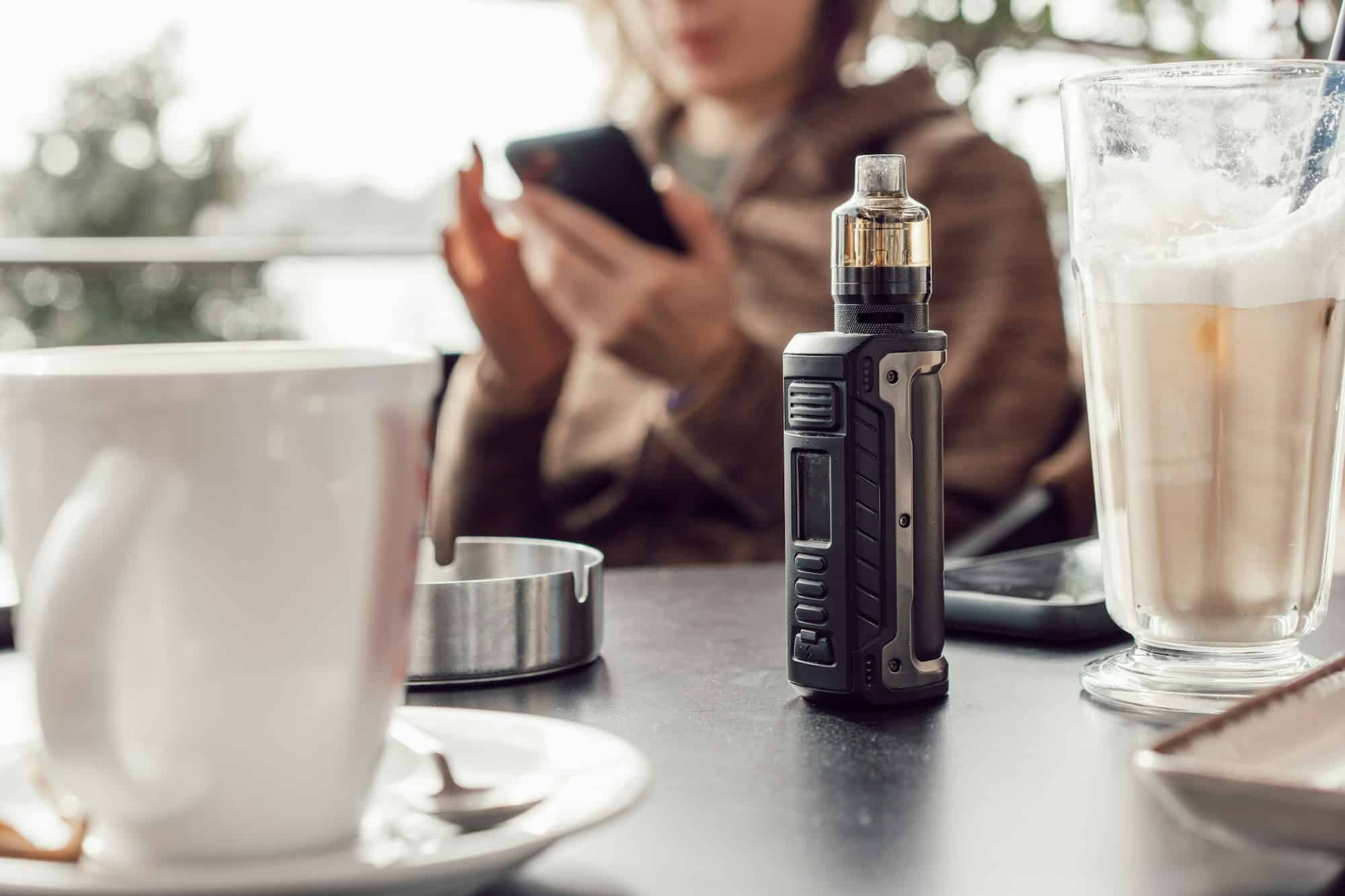
Vape Vision: Your Ultimate Source for the Best Vape News
Don't miss the deals
Don’t miss out on our exclusive deals! Subscribe now to get the latest promotions and special offers delivered straight to your inbox. Stay ahead and save big on your favorite products. Subscribe today and never miss a deal again!
NEWSLETTER
Signup & Don't Miss Out
Sign up now and stay in the loop! Don’t miss out any on exclusive discounts, exciting new product launches, and special promotions. Subscribe today to be the first to know and take advantage of our latest offers! Free samples may apply!!!
